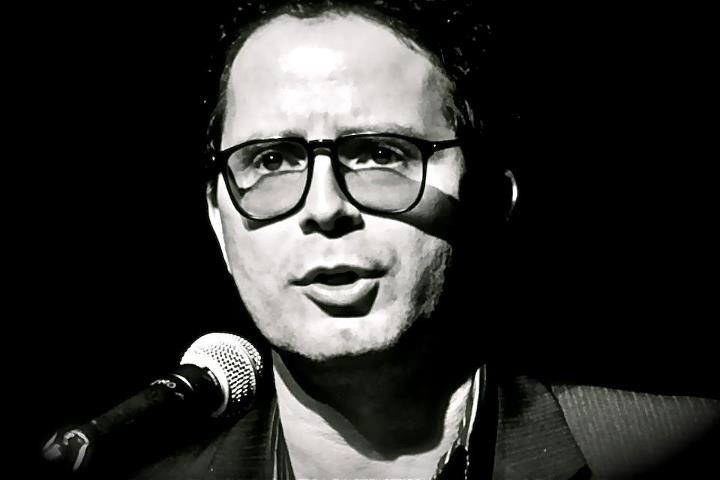Uribe’s Democratic Security Policy is Responsible for the Death of Edwin Legarda
20th December
(ENGLISH TRANSLATION OF MISSIVE PUT OUT BY CRIC LAST WEEK)
Author: Indigenous Regional Council of Cauca (CRIC)
Institutional commitment to refute the version that the deceased, Edwin Legarda, had ignored a military roadblock.
The Indigenous Regional Council of Cauca, CRIC, with respect to the attack in which José Edwin Legarda, husband of the Chief Council of CRIC, Aida Quilcue, was killed last December 16th, makes the following clarifications:
The death of the husband of the Chief Council of CRIC cannot be interpreted as an isolated event. Rather, it is part of a chain of murders, persecution, illegal judicial proceedings and displacement that the indigenous communities are sustaining and in which the State participates by action, omission and permission.
These repeated human rights violations against the indigenous communities are a consequence of President Álvaro Uribe Vélez’s “democratic security” policy.
The evidence gathered at the scene of the attack makes it clear that the presidential version of events, that there was an error in the signals of the military blockade, or that Edwin Legarda drove past the military roadblock, is false. First, there are traces which indicate that the soldiers were in the trenches for several hours stretched out over 800m, waiting for the car. Secondly around the time of the attack, various vehicles were on route to a meeting of the Togoima committee that was going to take place the same day, and at which the Chief Council of CRIC, Aida Quilcue Vivas, was planning on attending, and yet the military group present did not summon any of the other vehicles to stop. Thirdly in the document signed by the General Leonardo Barrero of the 19th Brigade of the Army and the Indigenous authorities, the General committed himself to refute the version that "the deceased, Edwin Legarda, had ignored a military roadblock."
This attack was aimed at the Chief Council of CRIC, particularly Aida Quilcué Vivas, who should have passed by the site at the time of the attack on route to the meeting in Togoima, Páez municipality, if she had not been delayed.
Furthermore, the military unit implicated in the attack was not able to explain two guns that were present at the scene without a soldier specifically assigned to them. The indigenous authorities take this as an indication that they planned to plant false evidence after the attack.
In the first version of events, the Commanding officer of the patrolling military in the presence of the indigenous authorities said that there had been gunfire emanating from the CRIC vehicle. This version was later changed, and he said that Mr. Legarda had drove past a military roadblock, and finally admitted that it was related to a military error.
Edwin Legarda managed to escape from the attack, despite his fatal wounds, and thus avoided being set-up with the two guns that were in the possession of the military without explanation; a situation that would have put in doubt the civility of our resistance and the transparency of our organization.
President Álvaro Uribe’s speeches, justifying the military action where the husband of the Chief Council of CRIC died, is nothing more than another hoax in order to blur this State crime and justify the continuation of the policy of exterminating the indigenous communities.
In spite of the multiple threats and attacks against the indigenous authorities and CRIC members, the Colombian state has not taken any measures to protect the physical and moral integrity of our leaders. Indeed, it has been quite the opposite. It appears that the government is using its political influence to avoid that the Inter-American Commission for Human Rights enacts the precautionary measures requested by different human rights organizations in defense of our organizational processes.
Finally we appeal to the international community, especially human rights organizations, to pay attention to the development of national policies in opposition to indigenous communities, given that our protests are stigmatized and criminalized, thereby putting our processes, traditional authorities, organizational personnel, indigenous leaders, and communities at high risk.
Consequently, we express that what happens to our people and our organizational processes is the responsibility of Colombian state.
Popayán, 19th December 2008.
Indigenous Regional Council of Cauca - CRIC

No comments:
Post a Comment